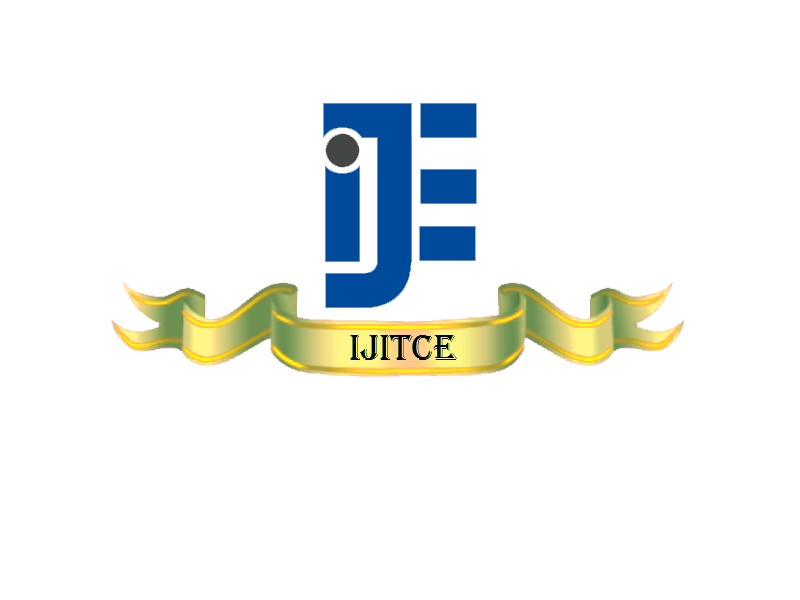Our Open Access & Editorial Membership Policy
About Open Access & Distinguished Editorial Membership
ELIGIBILITY AND CRITERIA FOR INVITIED EDITORIAL MEMBERS: All members highly engaged in the research lab or top notch industries are eligible upon completing any significant top contributions to their filed of research. Successful nominees will usually hold minimum of PhD and the top rank of their field, but exceptional contributor to their filed may also be considered. One of the ways is through a direct invitation from a publisher. This may happen as a result of your expertise in a specific field of science or discipline, in particular when Publishers wish to add expert in your field to journal.
1. NATIONAL AND INTERNATIONAL STATURE
A. The basis for selection as a Distinguished Editorial Member shall be the attainment of national and, typically, international distinction for outstanding research, scholarly or artistic achievement that has significantly benefited their field. B. Attainment of national and international distinction shall be determined by converging measures of excellence that are widely accepted within and outside of the candidate’s field. These measures of excellence are detailed below.
a. Objective measures of the candidate’s impact on their field, including citation impact, grants, service on editorial and grant review boards, and prestigious awards, honors and prizes from professional organizations in their field.
b. Invited lectures or performances delivered at other academic, professional or cultural institutions.
c. Services rendered as an expert, consultant, etc., to business, industry, governmental agencies, and educational organizations.
SELECTION PROCESS:
A committee consist of existing Editorial members with higher qualification will evaluate nominations and make recommendations for the selection of the Editorial Member. The committee’s recommendations will be conveyed to the Chief Editor for approval.
Selected Editorial Board member can appoint or remove review board members • To offer expertise in their specialist area • To review submitted manuscripts • To advise on journal policy and scope • To work with the Editor to ensure ongoing development of the journal • To identify topics for Special Issues of the journal or recommend a Conference which would promote the journal , which they might also help to organize and/or guest edit • To attract new and established authors and article submissions • To submit some of their own work for consideration, ensuring that they adhere to Conflict of Interest rules and stating their relationship to the journal. This is very important as the journal cannot be seen to publish only papers from members of the Editorial.
Editorial Member can help in bring journals to have good reviewers. One of the ways is to invite peers with expertise in the subject areas related to the journal. The other is to invite authors who have published in the journal. Invited reviewers should be mindful of the total time spent on the review and giving prompt feedback to the editors. They should also communicate with editors regularly so that they can quickly provide feedback when any difficulties are encountered.
Open Access is a publishing model which allows readers to access scientific publications online free of charge. Open Access removes price and permission barriers: there are no subscription fees, and unrestricted use of all published material is made possible thanks to flexible intellectual property laws for authors.
We believe by removing access barriers typical of traditional publishing models, Open Access accelerates research and learning and enables the sharing of knowledge on a global level. Knowledge is a heritage that should be freely accessible to everyone.
Benefits of Open Access
International Journal of Innovative Technology and Creative Engineering believes the scientific community and the whole of society benefits from Open Access. The frequent, fast and efficient research cycles allow scholars to make progress in their careers more effectively thanks to immediate access to new research materials, findings and the latest scientific developments. At the same time, by providing an information-sharing framework where readers can refer to, distribute or display the work of others, Open Access contributes to the wider dissemination, increased usage and impact of researchers' work.
Open Access brings increased visibility to institutions that fund and supervise research. Universities, institutes, foundations, national funds for scientific research and government agencies all benefit from the increased visibility and higher citation rates of funded projects. Moreover, unrestricted use of an immediate access to free research literature provides a great resource for teaching, conference presentations and lectures, and thus both teaching staff and students benefit highly from it.
Our site content are open and ease to access, since they are able to connect readers to relevant content and expand their catalogs at no cost, libraries are likely to profit from the favorable opportunities offered by Open Access publishing.
